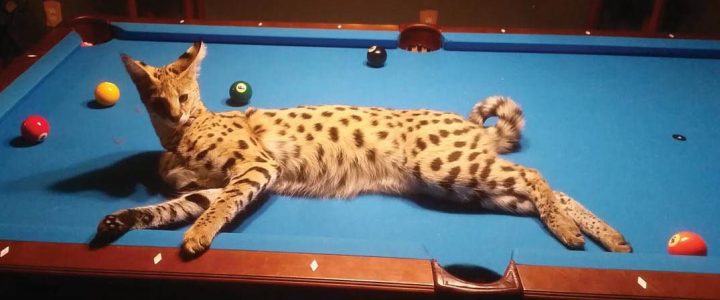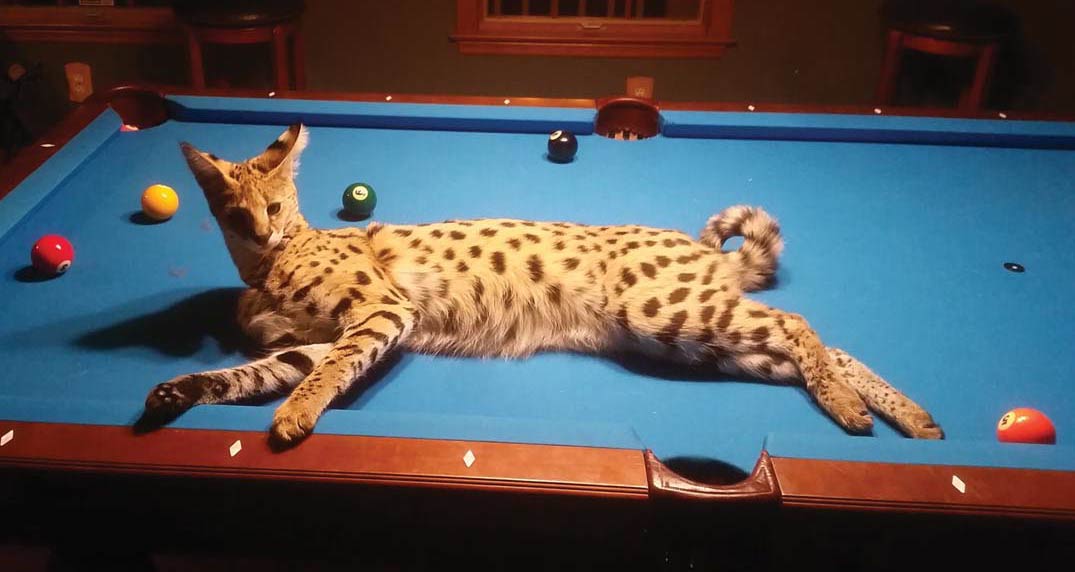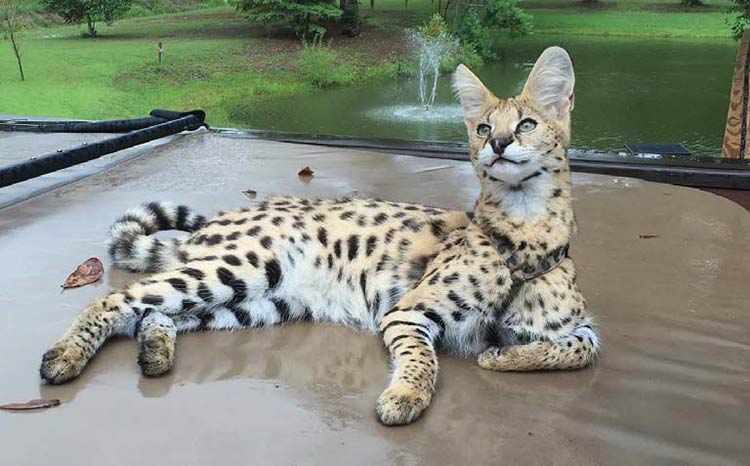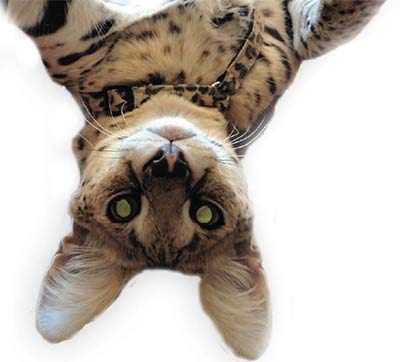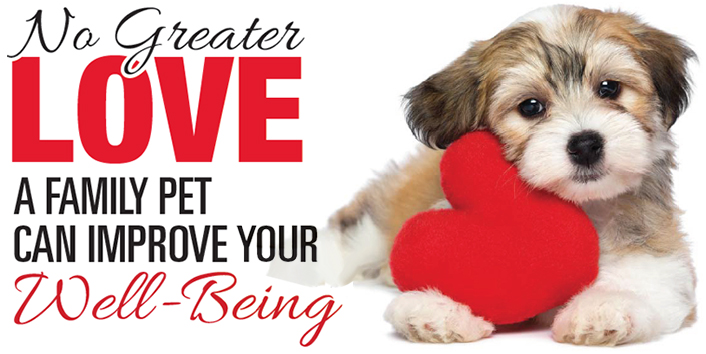
I can remember one of the first times I came home from work after I got my puppy. He ran to greet me at the door and was so happy. I thought, “Now this is why I got a dog.”
According to Animal Smart, just the act of petting an animal can increase levels of the stress-reducing hormone oxytocin and decrease production of the stress hormone cortisol. Study after study has shown that owning a pet is good for your health. A 2001 survey from Animal Smart found that pet-owning patients could keep their high blood pressure in check during times of stress better than patients without pets. And yet another study showed that patients who have suffered a heart attack increase their odds of surviving for at least a year if they own a pet.
It’s that unconditional love that a pet gives you. They don’t judge you for leaving a pile of laundry on the floor, and they don’t mind if you ignore the dirty dishes in the sink. They truly are a man’s – and woman’s – best friend.
Jessica Hecker, the veterinary technician manager at Advanced Animal Care of Mount Pleasant, said she has been in the field for 11 years but still feels there is so much more she can learn from animals.
“I am constantly amazed by all the things I learn from animals,” she said. “They are capable of bringing out the best in people, even in the most dire situations. They bring out the nurturing side of us and they pass no judgment. They exhibit the very definition of unconditional love.”
Pets also do a great job of helping people deal with loneliness. According to Pet Health Network, senior citizens who own a pet have an enhanced quality of life because their pet gets them out and increases their feelings of social connectedness. While getting a pet solely for the purpose of meeting people may not be a good idea, it is hard to overlook the fact that animals bring people together and improve socialization overall.
And who hasn’t heard of therapy dogs? Their entire purpose in life is to make people feel better. According to a recent article in Time magazine, pet therapy is actually used alongside conventional medicine. Th e article pointed out that there isn’t one major children’s hospital in the country that doesn’t allow pets on its floors for some kind of pet therapy program.
Dr. Christa Kahuda of Charleston Harbor Veterinarians in downtown Charleston said, “Th e worldwide One Health initiative coined the term zooeyia, which refers to the many positive benefits to human health from interacting with animals. Pets provide us with physical touch when we are in need of comfort, an ear for our problems and a laugh after a long day.”
Pets can provide physical as well as emotional help for their owners, even helping to reduce the effects of allergies. It might seem strange that the very thing that causes allergies – pet dander – can actually end up reducing it, but it’s true. A study published in Th e Journal of Allergy and Clinical Immunology showed that babies exposed to animals in their home developed stronger immune systems overall.
Both Dr. Kahuda and Hecker said the species and breed do not matter when it comes to reducing stress.
“They become family members and provide the connection and sense of belonging that we as humans crave,” Dr. Kahuda said.
Caring for an animal teaches the very valid lesson of being selfless and realizing that someone depends on you for care and love. Many empty nesters find that owning a pet provides them with that sense of purpose again that parenting gave them for so many years.
As Hecker put it, “What could be better for our mental health than knowing that just our existence creates so much happiness and love in someone else’s life?”
And that, my friends, is why you get a pet – in case you were on the fence.
By Theresa Stratford

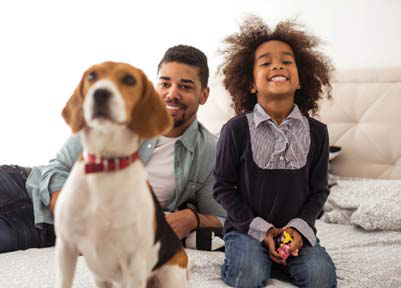
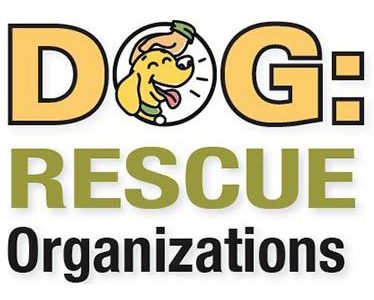
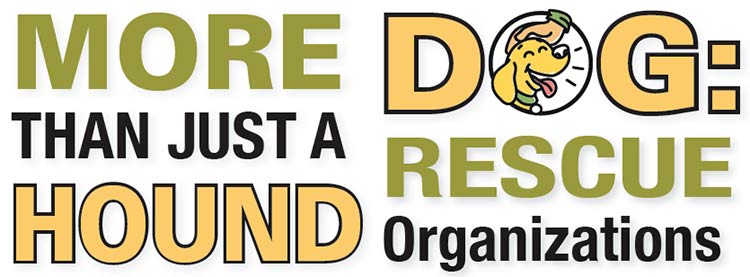

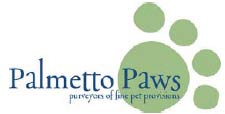
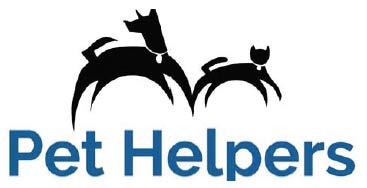
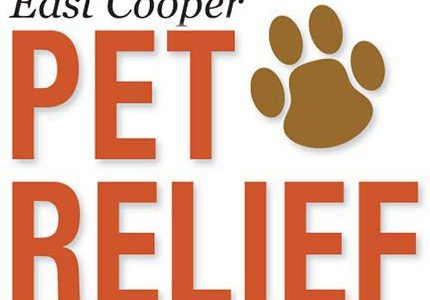
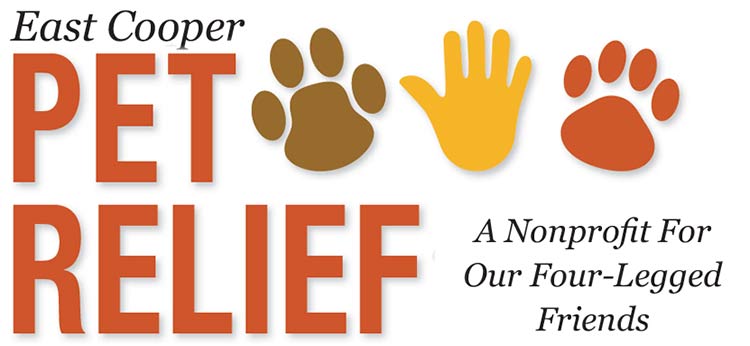
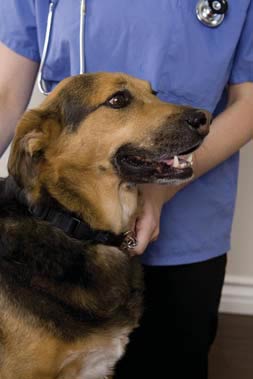 The newest of these services is in fact not a service but a full-fledged nonprofit, meant to help people with circumstantial issues that become a deterrent for proper pet care.
The newest of these services is in fact not a service but a full-fledged nonprofit, meant to help people with circumstantial issues that become a deterrent for proper pet care.